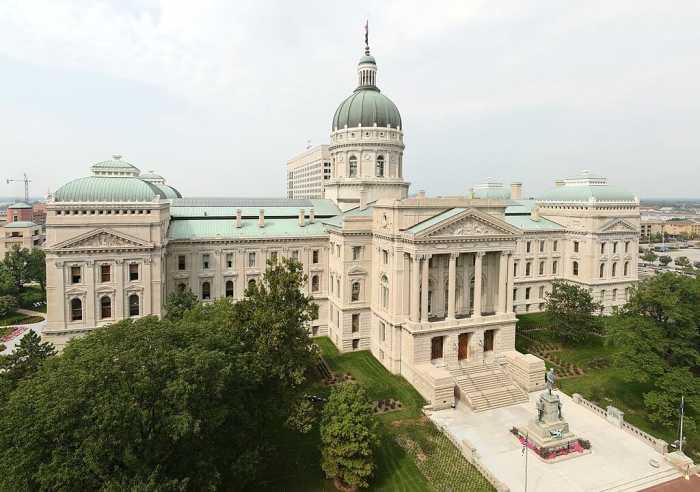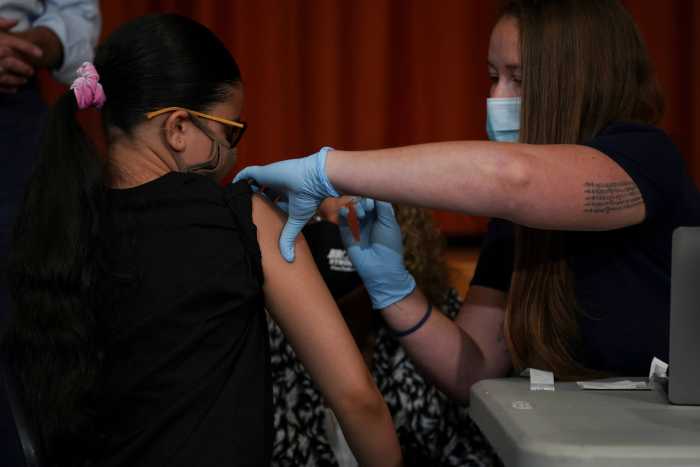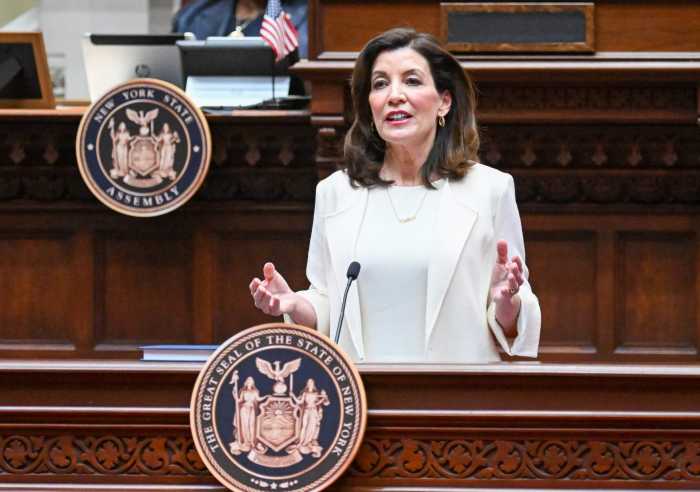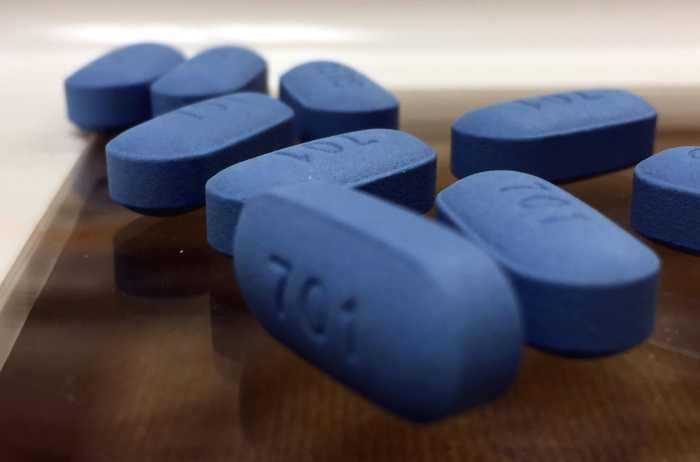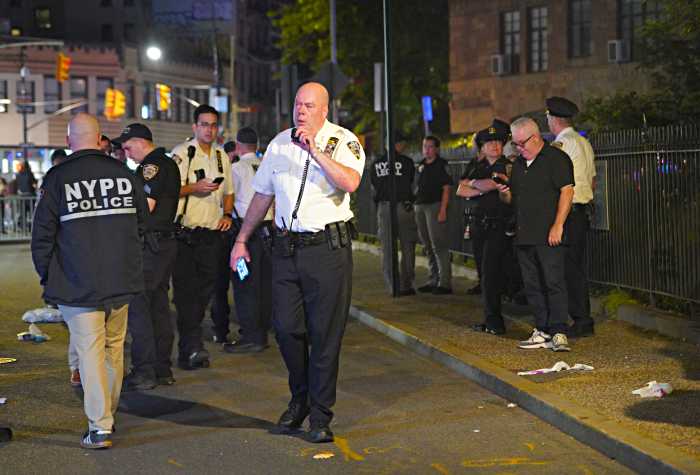All of the 9,200 available monkeypox vaccine appointments were scheduled across the five boroughs on July 15 and the national shortage of shots prompted the city to tentatively announce plans to prioritize the first doses of the two-shot Jynneos vaccine.
The latest vaccine appointments opened up at 6 p.m. and the slots were all filled within seven minutes. The New York City Department of Health and Mental Hygiene is spreading out the appointments over the next two weeks.
The city changed the third-party vendor handling the vaccine sign-up process after previous online appointment events were overshadowed by glitchy website malfunctions. This time, several individuals initially posted on Twitter saying that they had smooth experiences signing up for the vaccine. Within minutes, however, others said they were unable to complete the form — perhaps because the slots were already filled.
A growing number of vaccination sites have opened across the city, paving the way for greater capacity as doses slowly come in. The Chelsea Sexual Health Clinic was the first site to open, followed by the Central Harlem Sexual Health Clinic and another one in Corona, Queens. The city then announced plans to launch vaccination clinics at Aviation High School at 45-30 36th Street in Queens; Bushwick Education at 440 Irving Avenue in Brooklyn; Bronx High School of Science at 75 West 205th Street in the Bronx; and NYC Health + Hospitals/Gotham Health, Vanderbilt at 165 Vanderbilt Avenue in Staten Island.
Men who have sex with men and transgender, gender non-conforming, or non-binary people 18 or older who have had multiple or anonymous sex partners in the last 14 days are eligible for the vaccine. Those who have been exposed to monkeypox are also eligible. Anyone can get monkeypox, but this outbreak has been seen predominantly among men who have sex with men.
There are now 461 cases of monkeypox across the city, according to the Health Department — and the city underscored the need to focus on a first-dose strategy due to what the department described as a “rapid increase” in cases as well as vaccine shortages. Scientific evidence supports the one-dose approach, according to the Health Department, and places like Canada and the UK have already employed that strategy.
It is not clear when second doses could be available — Manhattan Borough President Mark Levine said in a tweet that supply of second doses will arrive “in the coming weeks” — but for now, all vaccine doses “will be treated as first doses,” according to the city, and second dose appointments will become available once the city has “enough vaccine to do so.”
Although folks may not receive a second dose 28 days after the first jab, as intended, the city insists that the delay “should not affect the immune response to the second dose.”
The latest appointments were made available after the city received 14,500 more doses from the federal government. Of those doses, 9,200 were allocated for online appointments, 4,000 were set aside for community-based organizations serving higher-risk individuals, and the rest of the shots were reserved for contacts of known cases.
Another 32,785 doses will be allocated to New York State next week, Governor Kathy Hochul announced late on July 15.
The city has started to unveil some statistics outlining the demographics of those who have had monkeypox. Among the 336 cases that were counted as of July 13, the median age is 35 and 95.5% of the cases are among men. The gender breakdown features no women and eight individuals whose gender is listed as “unknown.” Seven of the cases — or 2.1% — are among transgender, gender non-conforming, or non-binary individuals. LGBQ+ people account for 59.8% of cases, straight people represent 0.6%, and 39.6% are not disclosing sexual orientation information.
When broken down by sexual orientation, 59.8% identify as LGBQ+, 0.6% identify as straight, and 39.6% are classified as “unknown.” Manhattan has, by far, the most cases — 60.4% — followed by Brooklyn (17.9%), Queens (11.3%), the Bronx (10.1%), and Staten Island (0.3%). By race/ethnicity, white individuals represent 30.1% of cases, followed by Hispanic/Latino (19.3%), Black/African-American (11.3%), and Asian (3.9%). However, 35.4% are classified as “unknown.”
Visit the Health Department’s website to learn more.


